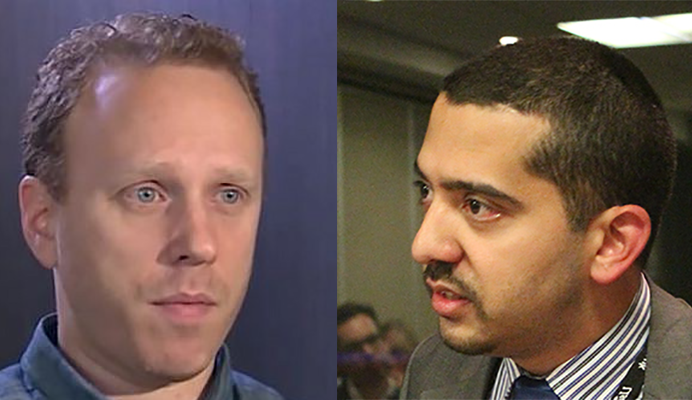The Canaanites
The Canaanites become one of the most intriguing examples of the neighboring group as “other” in the Bible, and because the narrator of the book of Genesis repeatedly calls the land Israel’s ancestors occupy “Canaan,” we begin with them. It is not too much of a stretch to say that the Canaanites...







